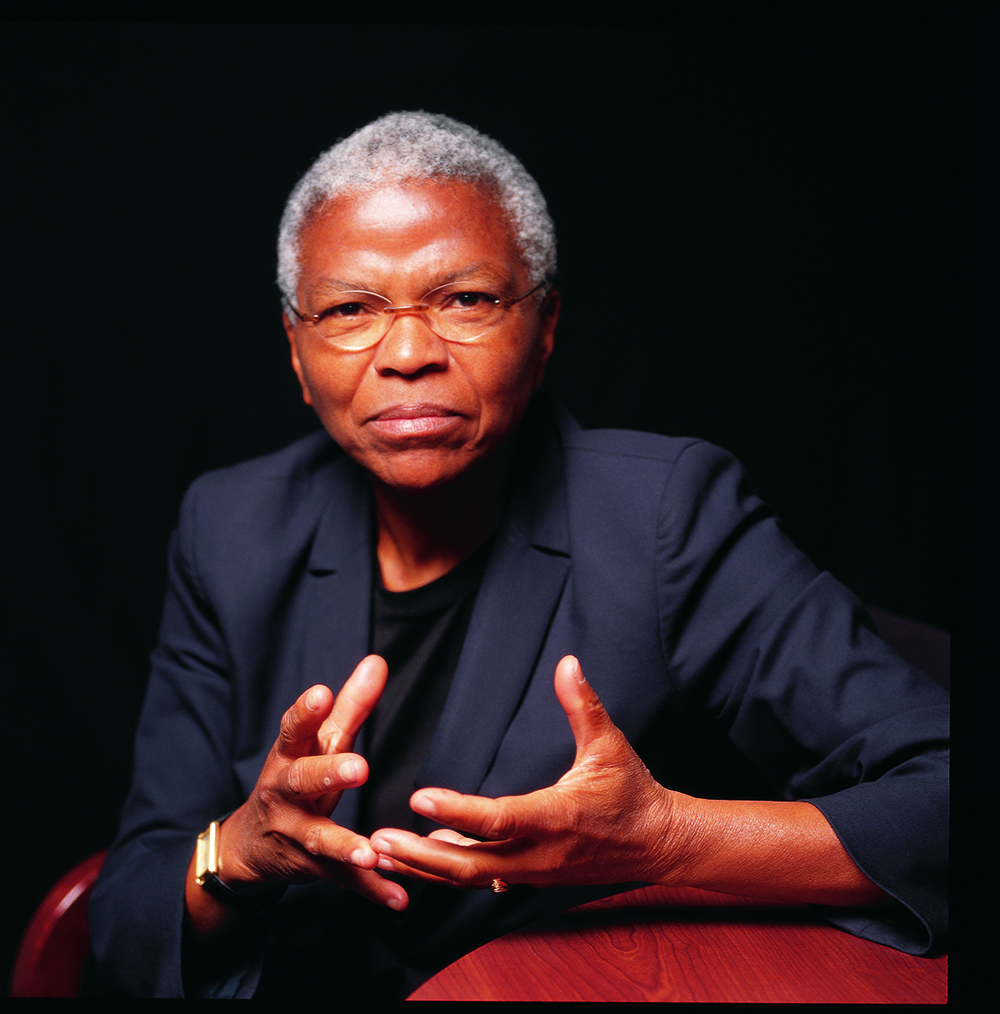As a historian, can you talk about what led us to this moment?
Slaves were considered property of their owners and not human beings with rights. They were under the control of their masters. In order to leave the plantation, the slave needed a written pass. Whites established nightly slave patrols to keep slaves in their quarters, and any white person had the authority to stop a slave, demand his papers, and use force to capture runaways. After emancipation, involuntary apprenticeships and incarceration for minor offenses, peonage, and convict leasing put many Blacks back into slave conditions. Thereafter, policing of Black neighborhoods and mass incarceration were used to control Blacks.
After the 1960s rebellions in Newark, Detroit, and other places, the federal government gave more sophisticated hardware to police, funded special weapons and tactics teams, and essentially militarized the police, which continues today. The call to defund police is because they are seen as absorbing disproportionate taxpayer resources that could fund housing, education, and other needed programs which controllers of Black people use to reinforce white supremacy like the slave patrols.
What is your own personal history with the police? Would you feel safe calling 911 for yourself or a family member?
Based on my own experience and that of other family members and the cautions expressed by relatives and friends in law enforcement, I might call only in extremes. Police seem to have trouble distinguishing victims who call for help from offenders.
In the past, you’ve referred to so-called ‘riots’ as rebellions.
When large numbers of people are protesting an injustice, like the murder of George Floyd, and demanding changes in the political and economic system, they are rebelling against the existing system. Those in that category are not just venting anger that requires cooling off of arrests but substantive policy responses that will erode capitalist greed and white supremacy. Just legislating reforms in police practices is not the answer.
We’ve had protests before. Why is this different?
We have a graphic video, which the defense will find difficult to explain away, but conviction will still be problematic. It is also murder in the time of COVID and massive unemployment and lockdowns, which some people are so psychologically over.
What effect will this have on the primary and general elections? Is voting perceived as another means of ineffective protest?
Many of the protesters express the view that neither violence nor nonviolence or voting has changed the inequality in our nation. Politicians, in their view, only pay lip service to the need for change and expect the tide to pass. Looting and burning of property may mobilize some voters and the racial injustice may motivate others. But some people may just decide not to vote at all, tired of false promises and knowing that elected officials—state, local, and national— are unable to produce positive change. Pushing them to move seems the only remedy. We should hope that not another stark murder by the police is caught on camera.
What change do you think these rebellions will bring? And how will history remember them?
If history is any guide to the future, politicians and leaders in every field will revert to the status quo. If the protesters persist in their demand for change, we will get some efforts at police reform. History will note whether once again we refuse or simply cannot do the harder job of reducing the underlying causes of discontent identified in report after report, including the 1968 Kerner Commission report.








